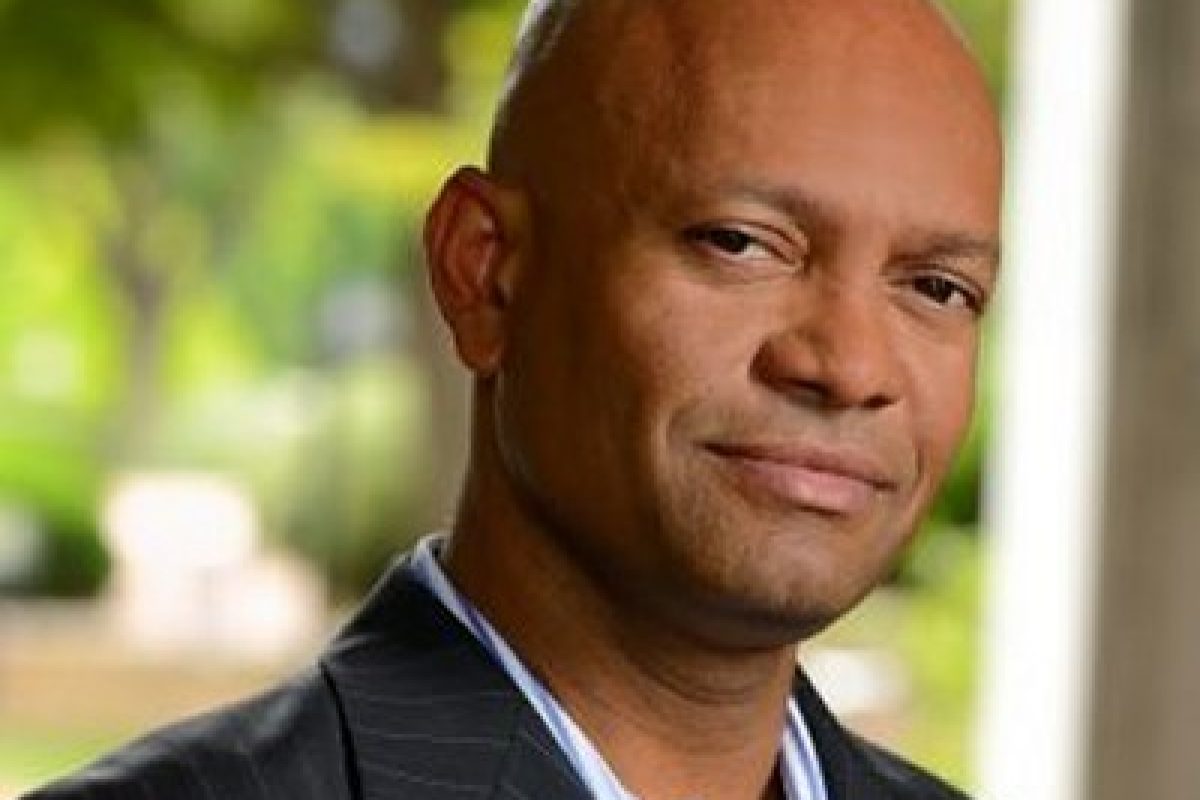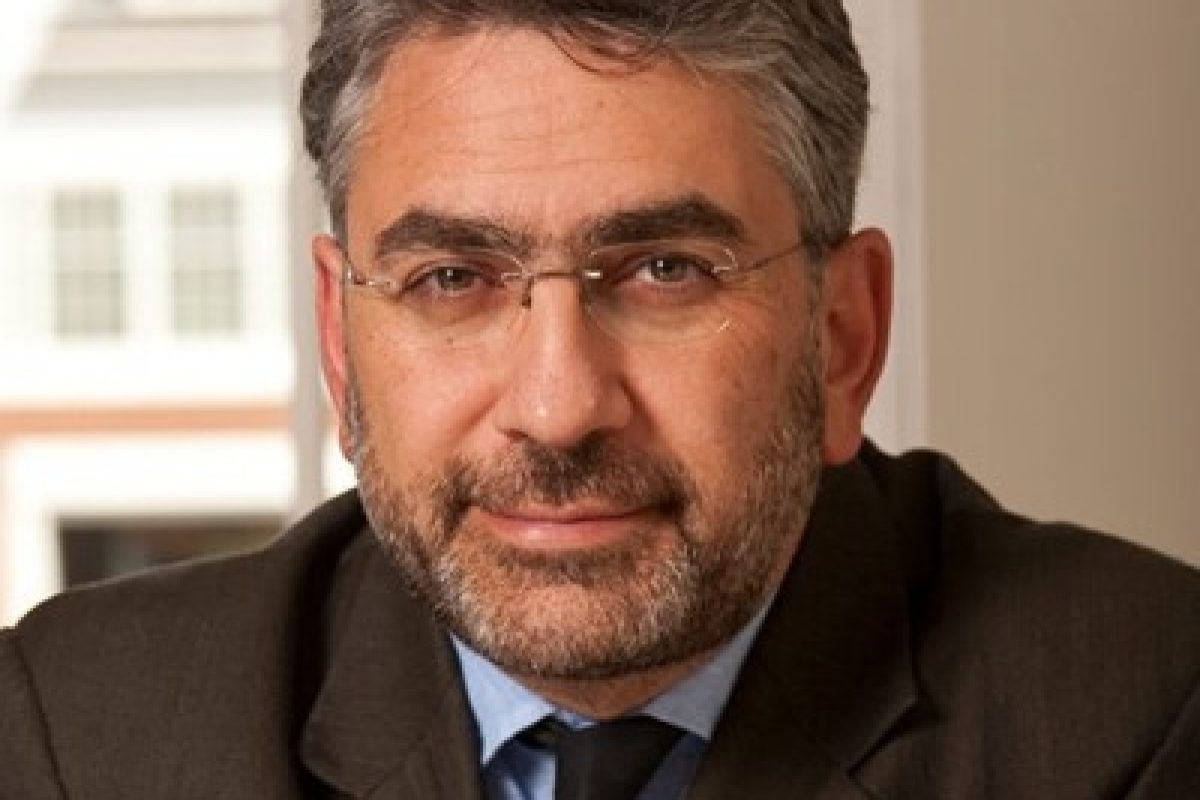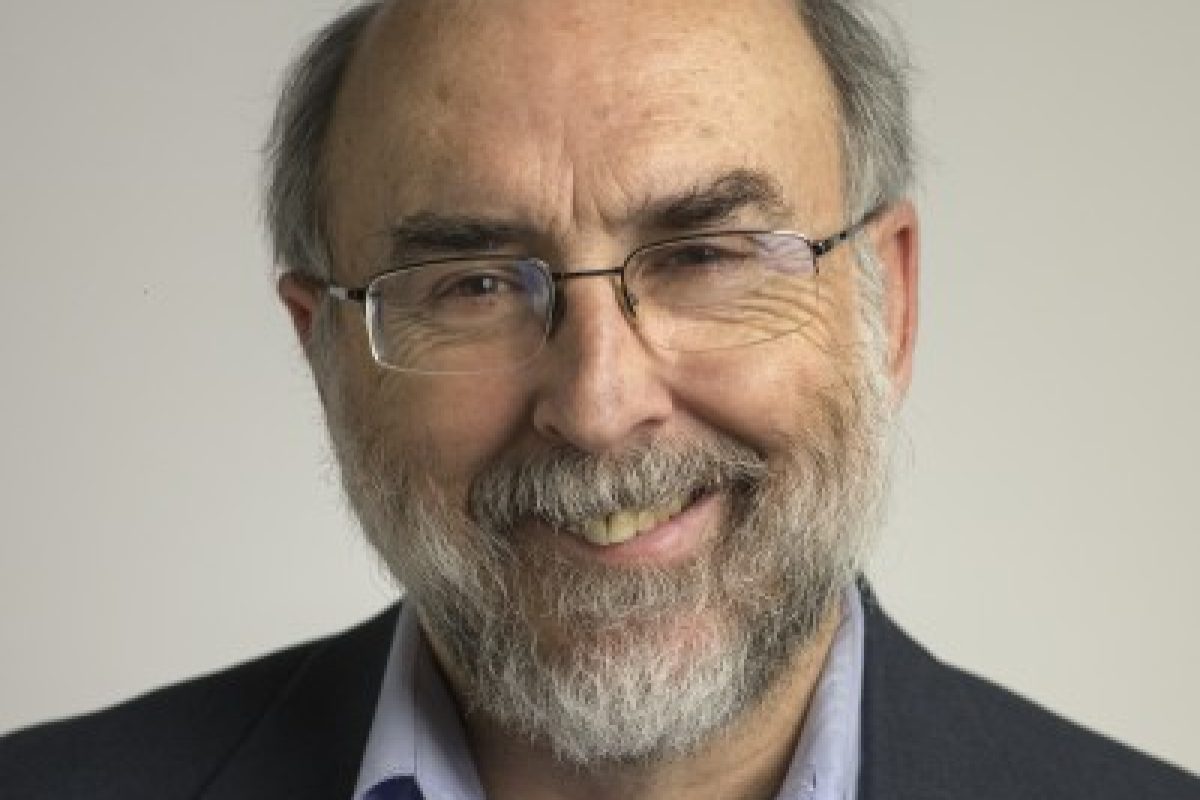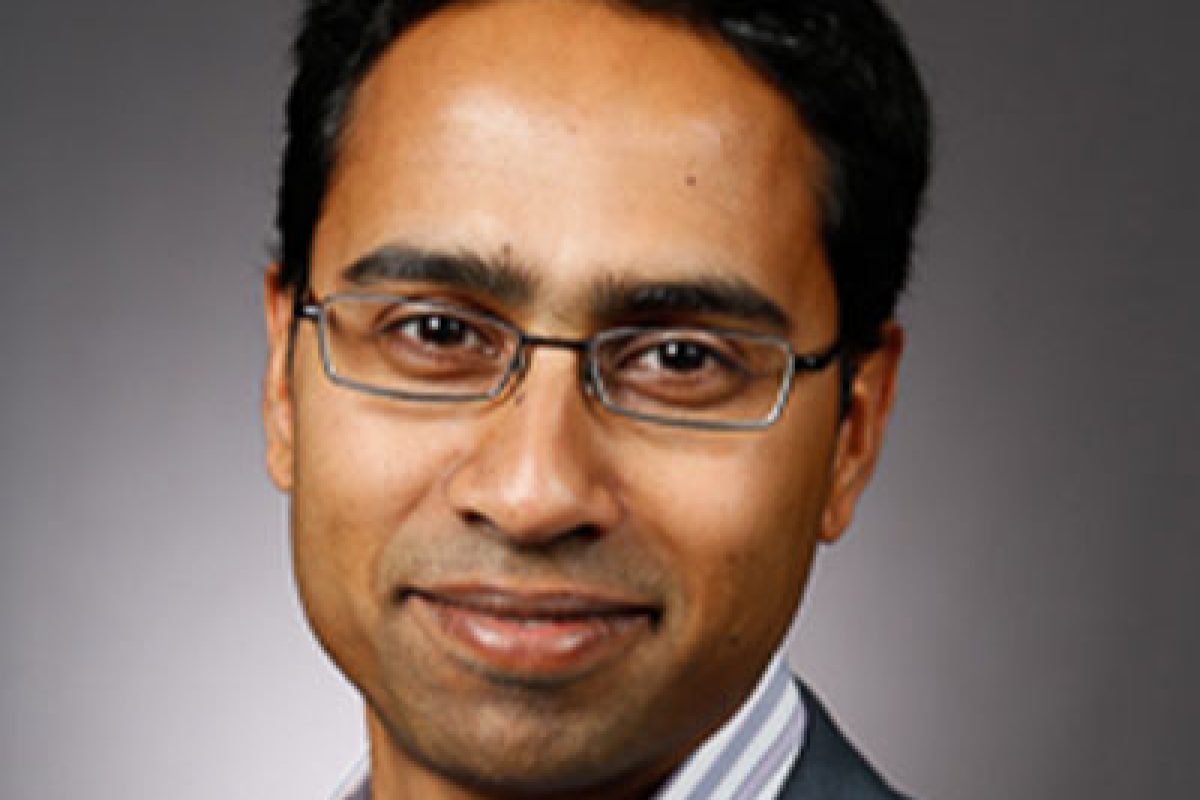Ralph Etienne-Cummings is a pioneer in mobile robotics and legged locomotion. His innovations over the past three decades have the potential to produce computers that can perform recognition tasks as effortlessly and efficiently as humans, and he has developed prosthetics that can seamlessly interface with the human body to restore functionality after injury or to overcome disease. Etienne-Cummings’ research includes developing systems and algorithms for biologically inspired and low-power processing, biomorphic robots, closed-loop neural prosthetics and computer integrated surgical systems and technologies. He is the founding director of JHU’s Institute of Neuromorphic Engineering and consults for numerous technology firms, including Nova Sensors, Inc., Innovative Wireless Technologies, Singular Computing, Panasonic North America, Avago Technologies, Micron Technologies. He was a visiting scientist at Lawrence Livermore National Laboratory, a visiting African scholar at the University of Cape Town (South Africa) and an eminent visiting professor at the University of Western Sydney (Australia). At Johns Hopkins he holds a secondary appointment in the Department of Computer Science and is former chair of the Department of Electrical and Computer Engineering. Etienne-Cummings was Associate Director for education and outreach for the National Science Foundation (NSF)-sponsored Engineering Research Centers on Computer-Integrated Surgical Systems and Technology.
Youseph Yazdi is the Director of the JHU Center for Bioengineering Innovation & Design (CBID), to educate and train Masters level student inventors and entrepreneurs to address unmet clinical needs by forming biomedical solutions. Dr. Yazdi also was the Director of the Johns Hopkins-Coulter Translational Partnership program, which resulted in 200 funded projects, formation of 17 start-up companies and over $300M raised in follow-on funding.
Dr. Montague is the Director of Business Development for the Johns Hopkins Dept. of Biomedical Engineering. From 2012 through 2017, he managed the Johns Hopkins-Coulter Translational Partnership, a five-year $5M award for moving JHU research from the lab to a commercial pathway. Thirty-six projects were funded, that have raised over $160M in follow-on funding; nineteen projects moved into commercial entities. He works with faculty and students wanting to commercialize their ideas, and is the department’s liaison with the JHU Technology Ventures. Dr. Montague is actively involved in the entrepreneurial ecosystem of Johns Hopkins, serving as a mentor for teams in both the JHU and regional I-Corps program and lecturing in many local entrepreneurial programs. He serves on the Business Advisory Board of the bwtech@UMBC and is a reviewer for NSF SBIRs and many of the local translational funds.
Before JHU, he worked at the Maryland Department of Business and Economic Development, where he was part of the launch of the Maryland BioCenter, supporting over 500 bio companies in the state. In this capacity, he launched and managed the Biotechnology Development Awards for the first three years after its creation.
He received a BS in Engineering Physics at Lehigh University and a PhD in Biophysics from the Johns Hopkins University. After graduate school, he worked at the Naval Research Laboratory in the Biomolecular Engineering group before leaving to his industry positions.
Santosh Venkatesha is an entrepreneur with more than 20 years of experience at the intersection of technology, medicine, and business. He launched Infinite Biomedical Technologies, a translational medical device company, and built Vigilant Medical, a digital health company. Venkatesha has developed solutions in neurology, cardiology, imaging, and related biomedical engineering areas. After completing a Master’s in Business Administration in 2007, he co-founded his current company to improve collaboration and decision making with medical informatics and imaging technologies in clinical, quality, and research settings. The company’s first digital health product, ImageShare, leverages machine learning and AI techniques to help users interpret cardiovascular images. This innovation assists in the care of more than 40,000 patients annually. Venkatesha’s goal is to use his experience working with NIH to build biomedical solutions that have long-term, sustainable impact on patient care.






